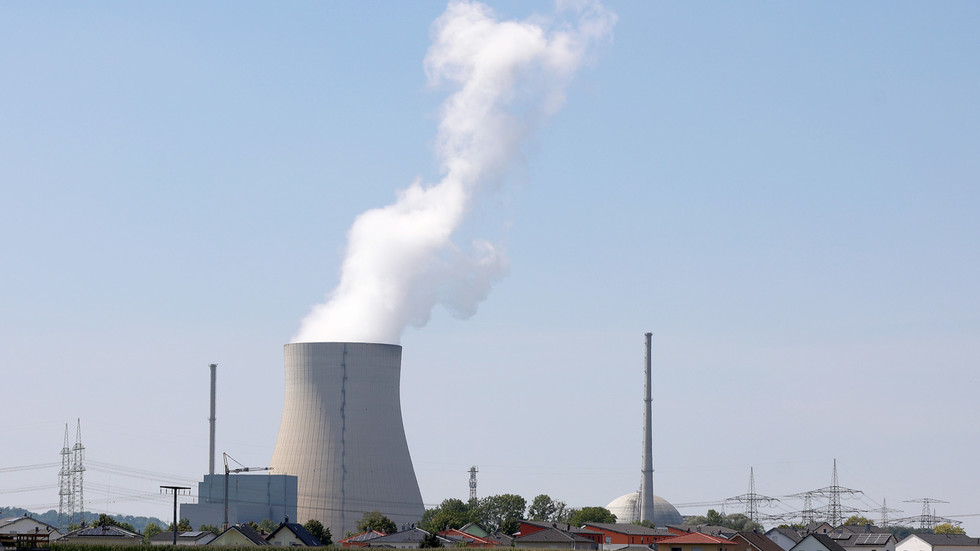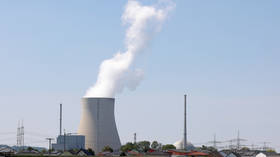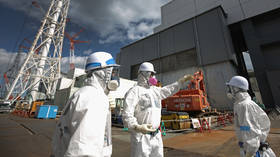
The United States may also be partially funding the purchase of the nuclear equipment, according to the report

File photo of a nuclear power plant © Getty Images / Alexandra Beier/Getty Images
Bulgaria is close to completing a deal to sell two Russian-made nuclear reactors to Ukraine’s state-owned energy company Energoatom for around $650 million, the Wall Street Journal reported on Thursday.
Under the terms of the proposed deal, which has yet to be completed, Sofia’s energy firm NEK would sell the Ukrainian company two reactors from Bulgaria’s unfinished Belene Nuclear Power Plant. It would be the first time that Russian-designed nuclear equipment would be used to boost Kiev’s energy output, the WSJ said.
The same publication also notes that two primary methods of payment for the reactors have so far been proposed. One would see the United States provide part of the funds to Energoatom as part of an aid package for Ukraine, which would subsequently be transferred to NEK.
Another option, the WSJ reported, would be for Sofia to assume a minority shareholding in Ukraine’s Khmelnytsky Nuclear Power Plant, where the reactors would be installed. Ukraine’s president Vladimir Zelensky arrived in Sofia for a one-day visit on Thursday, where it is expected that the nuclear deal will be discussed with Bulgarian officials.

Read more
Also on Thursday, Sofia’s parliament passed a motion requiring its government to hold negotiations with Kiev regarding the sale of the nuclear equipment. The proposal has been slammed by pro-Moscow opposition parties in Bulgaria, who claim it was rushed through the legislature in order to obstruct any attempts to block it.
The possible sale of the reactors further illustrates a European energy market in flux after the EU last year ended most of its imports of Russian oil, gas and coal in the wake of Moscow’s military operation in Ukraine. Prior to this, even Bulgaria relied on Russia for much of its gas supplies.
The still-uncompleted Belene Nuclear Power Plant has been the source of much controversy since the project was first undertaken in the mid-1980s. Construction at the site has been halted and resumed on several occasions, with some Western governments noting their opposition due to the proposed plant possibly being dependent on Russian fuel.
It has also received objections from environmental campaigners, who claim that its location in a seismic active zone represents an unnecessary risk.
For Kiev, though, the Soviet-designed Khmelnytsky power plant in Ukraine’s west already has technicians trained to operate the Russian-made reactors, potentially establishing new energy exports from Kiev to Europe.
On Thursday, two pro-Russian parties in Sofia, the Socialist Party and Revival, a nationalist party, voted against approving the sale of the reactors to Kiev.




